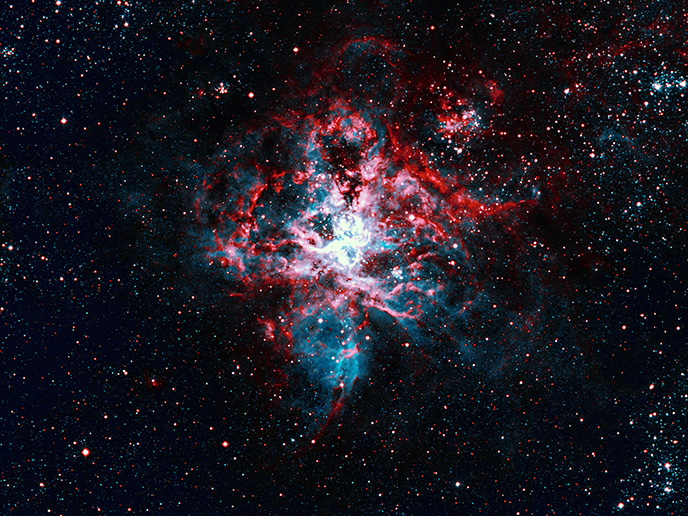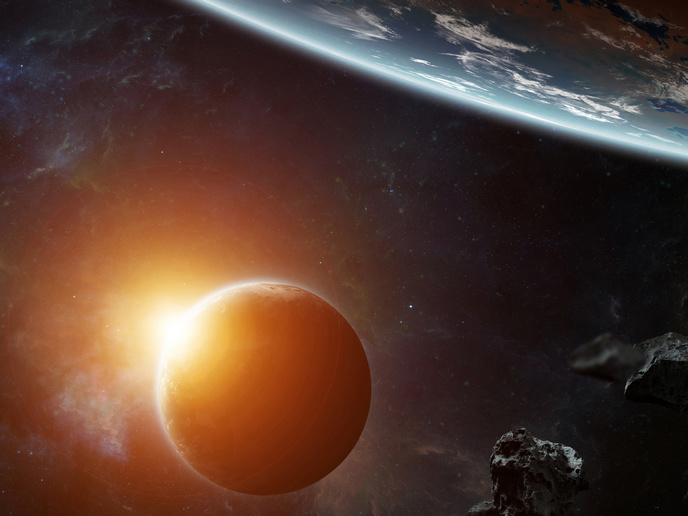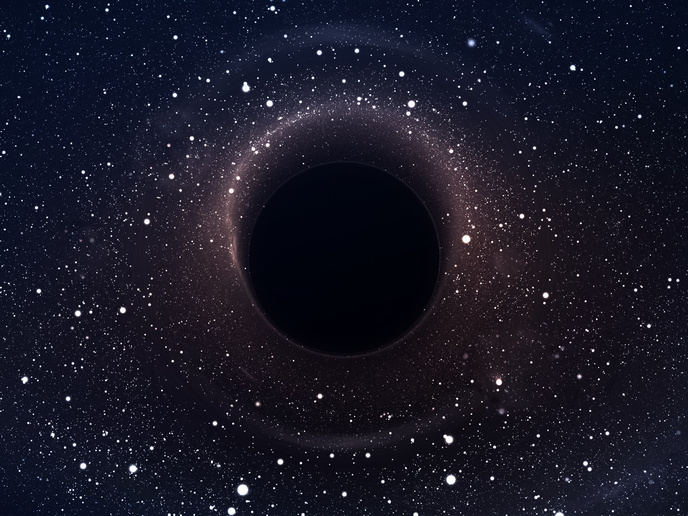Challenging the general theory of relativity
Einstein’s general theory of relativity (GR) has long been the standard for describing gravitation within our solar system. But what about the universe as a whole? “In 1998, astronomers made the surprising discovery that the expansion of the universe is accelerating, not slowing down,” says Kazuya Koyama(opens in new window), a professor of Cosmology at the University of Portsmouth(opens in new window). According to Koyama, this late-time acceleration of the universe is the most challenging problem in theoretical physics – and one that challenges the GR canon. “The standard model of cosmology is based on a huge extrapolation of our limited knowledge about gravity,” he explains. “This discovery may require us to revise the theory of gravity and the standard model of cosmology based on GR.” With the support of the EU-funded CosTesGrav project(opens in new window), Koyama is working to fill this knowledge gap. “The aim of this project is to develop cosmological tests of gravity and seek solutions to the origin of the observed accelerated expansion of the universe by challenging conventional GR,” adds Koyama.
Starting small to go cosmological
The main focus of the CosTesGrav project was on developing theoretical frameworks and tools for probing gravitational physics on cosmological scales. To do so, researchers started small. “We developed various theoretical tools to provide predictions for cosmological observations on small scales in modified gravity models,” notes Koyama. “A lot of information is available on small scales, and it is vital to provide theoretical predictions on these scales to maximise the return on future cosmological surveys.” To illustrate how this small-scale approach had a big impact, consider the project’s work on the general scalar tensor theory, an extension of GR that includes a scalar field. “We made significant contributions to the development of more general scalar tensor theories beyond the original theory published in the 1970s,” remarks Koyama. As Koyama explains, developments like this not only impact the study of gravitational theories, but also provide a basis for testing gravity on cosmological scales within a general framework. “We constructed modified gravity theories as an alternative to conventional dark energy theories and analysed screening mechanisms to restore GR on scales where it is well tested,” he says. “We then developed better theoretical frameworks to perform cosmological tests of gravity that include non-linear scales by exploiting our theoretical knowledge of the models and our state-of-the-art simulations.”
Big things to come
Despite these significant efforts, the project has yet to find a good alternative to GR that can explain the late-time acceleration of the universe. “The constraint on the propagation speed of gravitational waves from a 2018 neutron star merger changed the landscape of theories beyond GR substantially,” notes Koyama. “This told us that observations sometimes lead to unexplored regions of the theory space, and it is important to be open minded when developing theoretical models.” That being said, the tools developed by this European Research Council(opens in new window) supported project will play crucial roles in testing non-standard cosmological models using future astronomical surveys, such as those to be conducted by the European Space Agency’s Euclid mission(opens in new window). “There will be exciting new cosmological experiments starting soon, and I’m looking forward to applying the techniques developed in this project to actual data and performing tests of GR on cosmological scales,” concludes Koyama.







